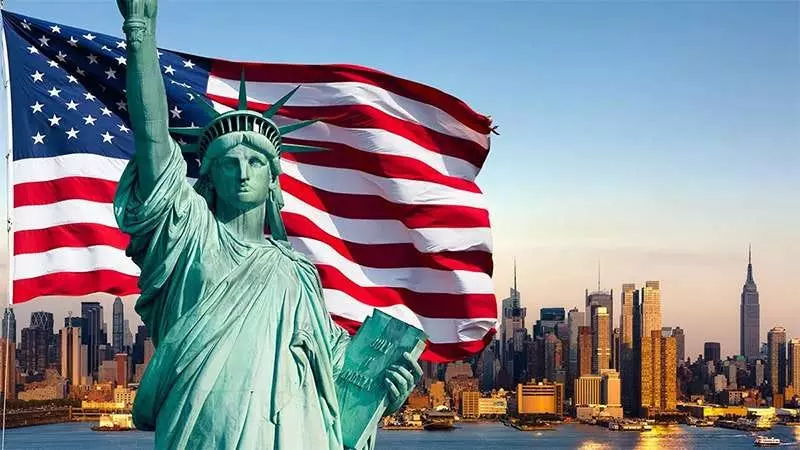Trump’s Birthright Order in Limbo
Ruling limits nationwide injunctions but sends challenges to lower courts; future of 14th Amendment protections uncertain.

WASHINGTON (AP) — The legal battle over President Donald Trump’s move to end birthright citizenship is far from over despite the Republican administration’s major victory Friday limiting nationwide injunctions. Immigrant advocates are vowing to fight to ensure birthright citizenship remains the law as the Republican president tries to do away with more than a century of precedent.
The high court’s ruling sends cases challenging the president’s birthright citizenship executive order back to the lower courts. But the ultimate fate of the president’s policy remains uncertain. Here’s what to know about birthright citizenship, the Supreme Court’s ruling and what happens next.
What does birthright citizenship mean?
Birthright citizenship makes anyone born in the United States an American citizen, including children born to mothers in the country illegally. The practice goes back to soon after the Civil War, when Congress ratified the Constitution’s 14th Amendment, in part to ensure that Black people, including former slaves, had citizenship.
“All persons born or naturalized in the United States and subject to the jurisdiction thereof, are citizens of the United States,” the amendment states. Thirty years later, Wong Kim Ark, a man born in the U.S. to Chinese parents, was refused re-entry into the U.S. after traveling overseas. His suit led to the Supreme Court explicitly ruling that the amendment gives citizenship to anyone born in the U.S., no matter their parents’ legal status.
It has been seen since then as an intrinsic part of U.S. law, with only a handful of exceptions, such as for children born in the U.S. to foreign diplomats.
Trump has long said he wants to do away with birthright citizenship
Trump’s executive order, signed in January, seeks to deny citizenship to children who are born to people who are living in the U.S. illegally or temporarily. It’s part of the hardline immigration agenda of the president, who has called birthright citizenship a “magnet for illegal immigration.”
Trump and his supporters focus on one phrase in the amendment — “subject to the jurisdiction thereof” – saying it means the U.S. can deny citizenship to babies born to women in the country illegally. A series of federal judges have said that’s not true, and issued nationwide injunctions stopping his order from taking effect.
“I’ve been on the bench for over four decades. I can’t remember another case where the question presented was as clear as this one is. This is a blatantly unconstitutional order,” U.S. District Judge John Coughenour said at a hearing earlier this year in his Seattle courtroom.
In Greenbelt, Maryland, a Washington suburb, U.S. District Judge Deborah Boardman wrote that “the Supreme Court has resoundingly rejected and no court in the country has ever endorsed” Trump’s interpretation of birthright citizenship.
Is Trump’s order constitutional? The justices didn’t say
The high court’s ruling was a major victory for the Trump administration in that it limited an individual judge’s authority in granting nationwide injunctions. The administration hailed the ruling as a monumental check on the powers of individual district court judges, whom Trump supporters have argued want to usurp the president’s authority with rulings blocking his priorities around immigration and other matters.
But the Supreme Court did not address the merits of Trump’s bid to enforce his birthright citizenship executive order.
“The Trump administration made a strategic decision, which I think quite clearly paid off, that they were going to challenge not the judges’ decisions on the merits, but on the scope of relief,” said Jessica Levinson, a Loyola Law School professor.
Attorney General Pam Bondi told reporters at the White House that the administration is “very confident” that the high court will ultimately side with the administration on the merits of the case.

